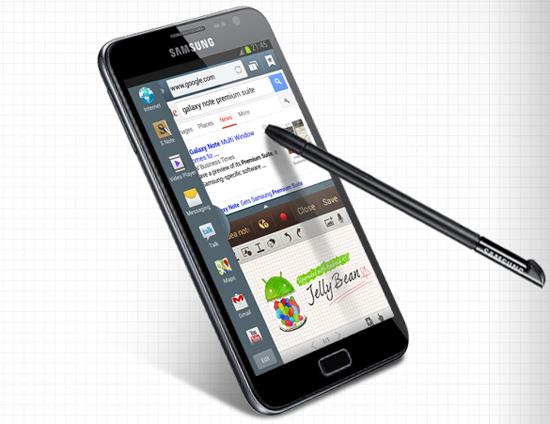
I’m not sure what’s really going on here, but I feel like I’ve entered some strange, twisted version of reality. Wasn’t it just last year when we were still blaming manufacturers for doing a terrible job of updating their Android-based devices? Wasn’t it not too long ago that we were still throwing around the word “fragmented,” and trying to make a point with that?
Oh, you mean none of that has changed?
Sadly, it hasn’t, but there has been a pretty significant change when it comes to the biggest name in Android, other than Google obviously. Samsung may have a lot of devices out there, but it would seem they are starting to care just enough to make sure that the majority of them, especially the popular ones, are set to get some kind of software upgrade.
That’s the tricky part, though. We can try to make the argument whether or not the “regular consumer” cares about updates or not all day long. I can show you two people in my own family who land, squarely, on either side of the fence, in fact. That argument has been made, and I’m sure it’ll be made again at some date down the road all over again. But you know what? If Samsung keeps up their own good work, there’s a chance that other companies start to follow suit.
To be specific, Samsung has the right idea with their Premium Suite, and making sure that older devices get some new software love. Just a couple days ago, Samsung officially announced that their original Galaxy Note would be getting upgraded with a Premium Suite, and with it owners would be able to get their hands on Android 4.1, and plenty of Note-specific software features, many of which have grown in popularity thanks to the Note II.
To be perfectly honest with you, I wasn’t expecting the Note, even the international version, to get upgraded to Android 4.1 Jelly Bean. Sure, the device is perfectly capable from a hardware standpoint to run it, but we all know that that doesn’t mean anything. Not really. We can only expect a device to get upgraded for so long, before we realize that it’s just a luck of the draw more often than not. Especially for the consumer.
But Samsung has the right idea. Their Premium Suite has been fleshed out over the last year or so, and with it they’ve managed to include more software features in each release, for different devices. No, you may not be running the latest version of Android, but as long as you have the features that made a newer phone so popular during its launch, is that really a big deal?
Samsung, with their Premium Suite, really can prove that there’s no big deal to being one version behind, because they’re offering the majority of features without it. That’s a big bonus for anyone who is purchasing Samsung-branded devices. Sure, you still need the appropriate version of Android to get Android-specific updates, like Google Now, but as long as Samsung keeps putting proprietary features in their software –and software that people want--, then Samsung will continue to have a leg up on the competition.
Will Android manufacturers ever really be able to keep up with Android version numbers? We were supposed to see the whole show catch up after Android 3.0 Honeycomb, then eventually Android 4.0 Ice Cream Sandwich, but obviously that didn’t pan out. The new reality is that Samsung, with their most popular handsets, has made it a moot question. As long as you’ve got the features that people want, who cares about software version number, right?
Personally, I’d still rather have all the software features and be on the newest version on of the platform that’s available, but that’s just me. Tell me how you feel about Samsung’s recent uptick in software updates for their phones, especially here in the States. Are they doing a better job? Does it matter? Let me know what you think!